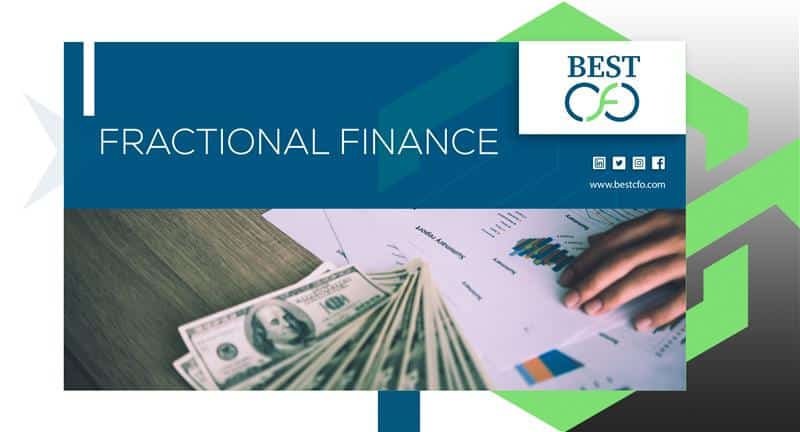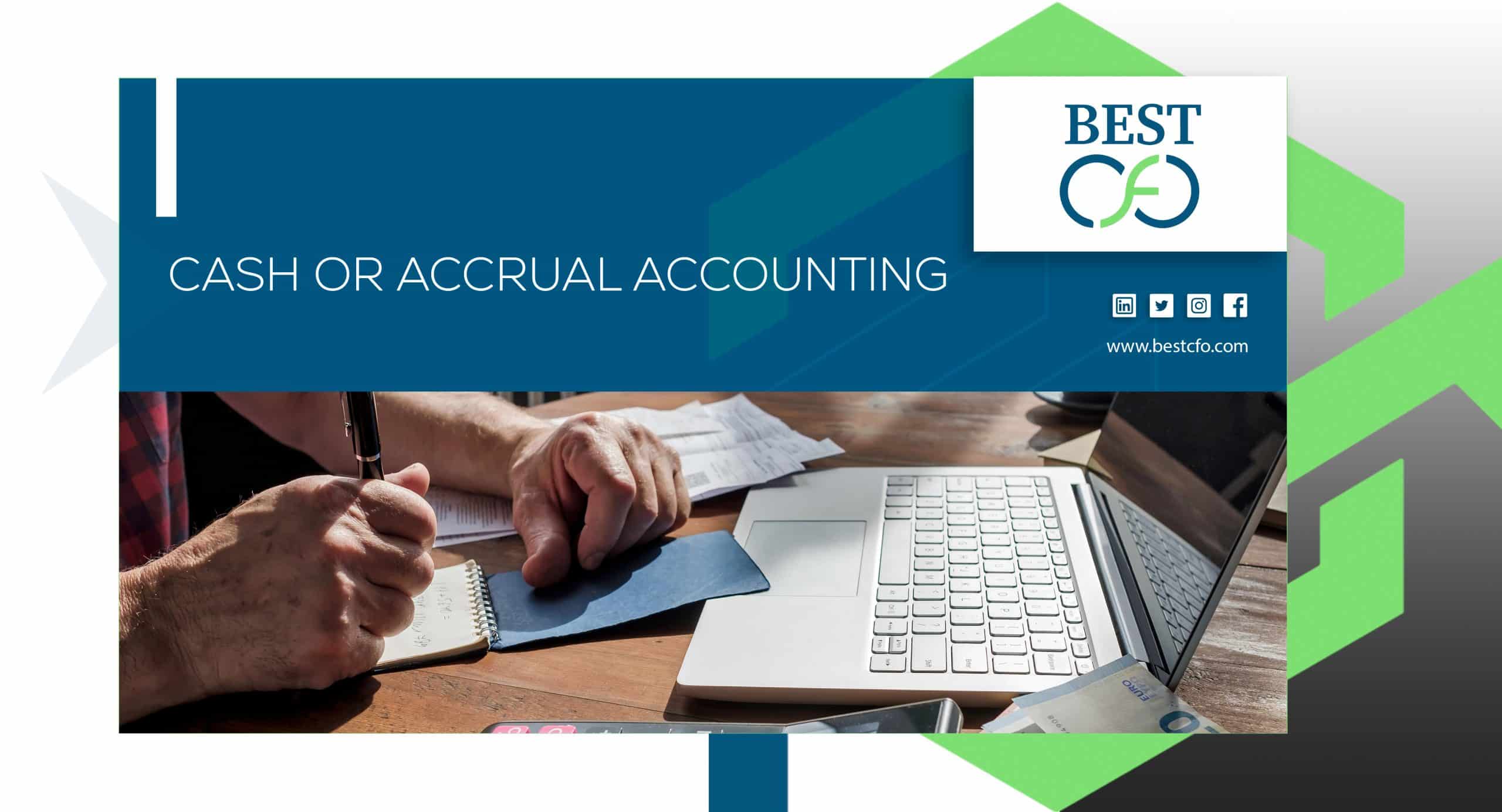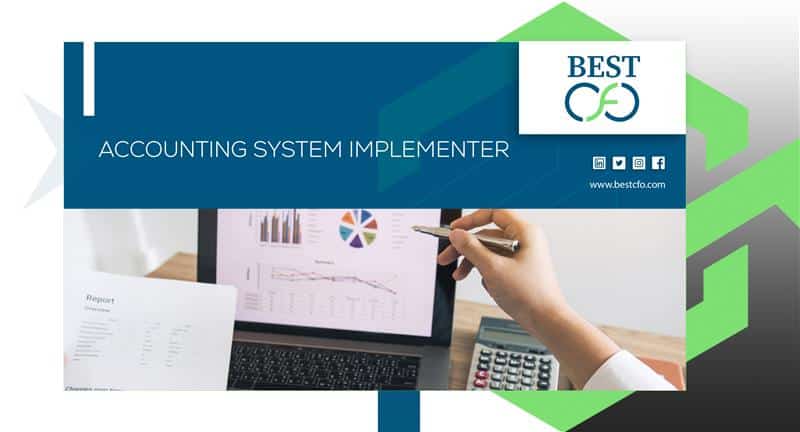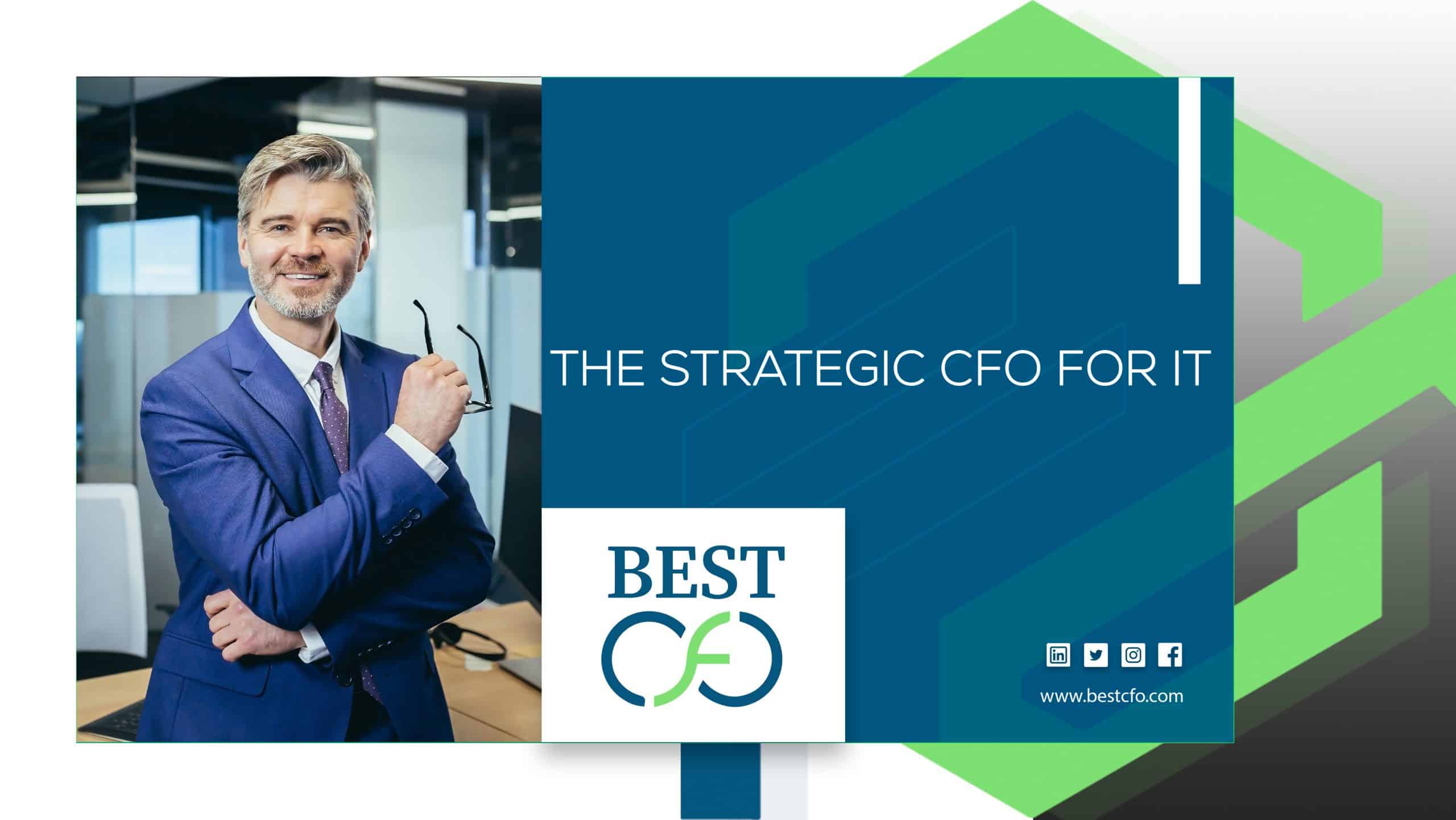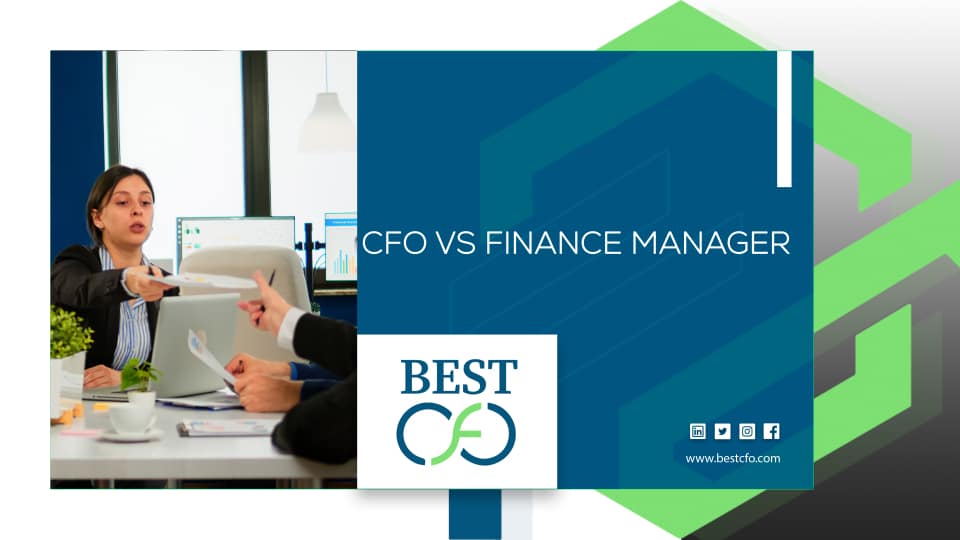
| Getting your Trinity Audio player ready... |
How Much Equity Should a CFO Get in a Startup?
A CFO of a startup is a main part of the organization, the person who not only takes care of finances but also steers the company towards sustainability. A CFO’s job has the responsibilities like business planning and financial forecasting, cost-benefit analysis, and raising funds for corporate projects, as well as they do the same in a startup’s success. Because of the high risks involved and the substantial impact made, it is essential to decide on the distribution of shares as a source of compensation for CFO carefully, especially with the use of equity. For brevity, equity is not only a source of significant motivation but also aligns the CFO’s goals with the vision of the company’s future.
Below you will find the details of the equity part awarded to the CFO in a startup, discovering such things as a number of oversubscription factors, types of equity compensation, market trends, tax implications, and strategies of negotiating the best possible equity packages. These factors are essential for a founder who seeks to bring in the best financial talent as well as for a CFO evaluating a startup opportunity, as it will assist in creating a fair and motivating equity arrangement.
What Does a CFO Do?
A Chief Financial Officer (CFO) is responsible for the financial operations, and the strategy of a company. Main duties are as follows:
- Business Planning: Creating long-term financial strategies that align with the company’s goals.
- Financial Forecasting: Anticipating future revenues, cost of sales, and capital requirements.
- Cost-Benefit Analyses: Determining the financial feasibility of projects and investments.
- Obtaining Funding for Corporate Initiatives: Raising funds with the help of the equity, debt, or other financial instruments.
How to Hire a CFO
Step 1: Determine Your CFO Needs
Are you looking for:
- A Startup CFO (pre-revenue, fundraising)?
- A Growth-Stage CFO (managing Series A/B/C)?
- A Turnaround CFO (debt management, profit recovery)?
- A Public Company CFO (SOX compliance, IPO readiness)?
Choose between:
- Full-Time CFO – Deeply embedded, long-term player.
- Fractional CFO – Part-time expert for early-stage or interim needs.
- CFO with Equity – Lower salary + ownership in exchange for long-term commitment.
Step 2: Define the Role and Compensation Package
Draft a Job Description Including:
- Core Responsibilities
- Required Experience (e.g., SaaS, D2C, VC-backed firms)
- Reporting Structure (CEO, Board, or Founder?)
- Equity Offering (2%–5% for early-stage CFOs is common)
- Salary Range (Based on funding stage and location)
- Required Certifications (CPA, CFA, MBA, etc.)
Step 3: Sourcing and Recruiting Candidates
Where to Look:
- Executive Search Firms (e.g., Korn Ferry, Heidrick & Struggles)
- CFO Recruiters (e.g., Cowen Partners, Tatum)
- CFO-as-a-Service Platforms (e.g., Preferred CFO, Paro, Burkland)
- Startup Networks (Y Combinator, Techstars alumni, LinkedIn)
- Referrals – Ask VCs, CPAs, or fractional CFOs for intros
Step 4: Screening & Interviewing Candidates
Key Screening Criteria:
- Prior experience with venture capital, M&A, or IPOs
- Industry background (SaaS CFO for SaaS startup)
- Track record of raising capital or restructuring finances
- Familiarity with accounting platforms (NetSuite, QuickBooks, SAP, etc.)
- Ability to communicate complex finance to non-finance founders
Interview Questions:
- How did you help your last company raise funding?
- How do you manage burn rate and cash flow?
- What do you look for in a Series A financial model?
- How do you balance growth with profitability?
- Have you navigated an audit, acquisition, or IPO?
Step 5: Reference Checks
Always talk to:
- Former CEOs or founders they reported to
- Board members or investors they’ve worked with
- Team members they’ve led or hired
Ask about:
- Leadership style
- Crisis management
- Fundraising success
- Cultural fit
Step 6: Structuring the Offer
Components of a CFO Offer Letter:
- Base Salary – $120K–$350K depending on stage
- Equity Grant – 1%–5% common for early-stage startups
- Bonus Structure – KPIs tied to growth or fundraising
- Vesting Schedule – Typically 4 years with 1-year cliff
- Severance & Exit Clauses – Protect both parties
- Acceleration Clauses – In case of acquisition or change in control
Step 7: Onboarding and Integration
Once hired, set your CFO up for success:
- Introduce to key stakeholders (Board, Legal, CPA, etc.)
- Grant access to all financial systems (banks, accounting, cap table)
- Share historical financials, fundraising decks, and investor memos
- Align on OKRs and 90-day plan
When Should You Hire a CFO?
Startup Milestone | CFO Need |
Pre-Seed/Seed | Fractional CFO or outsourced |
Series A–B | Full-time CFO with strategic input |
Series C or Pre-IPO | CFO with capital markets expertise |
M&A/IPO in Sight | CFO with exit deal experience |
What CFOs Do in a Startup?
In a startup environment, CFOs often wear multiple hats due to limited resources and evolving business models. Their roles encompass:
- Financial Management: Overseeing budgeting, accounting, and financial reporting.
- Strategic Investment: Identifying and managing investment opportunities to fuel growth.
- Accounting: Ensuring compliance with financial regulations and standards.
The Equity Theory
Equity compensation comprises company stock as a part of the CFO’s reward and part of a shareholder’s interest in the company. When you give your CFO ownership in the company, you are motivating them to increase company valuation and profits.
How Much Equity Should a CFO Get in 2025?
The equity granted to a CFO varies based on factors such as company stage, industry, and the CFO’s experience. In 2025, typical equity ranges are:
- Early-Stage Startups (Pre-Series A): 1% to 5% equity.
- Venture-Backed Startups (Series A to C): 0.5% to 2% equity.
- Late-Stage Startups & Pre-IPO Companies: 0.1% to 0.5% equity.
- Public Companies & Fortune 500 Firms: Equity is often provided in the form of Restricted Stock Units (RSUs) or performance-based stock grants tied to financial targets.
Calculating Equity:
Determining the appropriate equity percentage involves understanding the company’s valuation. The formula above provides a simplified method to estimate company value, which can then inform equity allocation decisions.
This is the formula to calculate equity: Total Company Value = Total Investment + Net Profit – Debt + Equity
What is Equity Compensation?
Equity compensation refers to non-cash pay that represents ownership in the company. It’s commonly used by startups to attract and retain top talent when cash flow is limited.
Difference Between Equity & Salary
- Salary: Fixed cash compensation paid regularly.
- Equity: Ownership stake that may increase in value over time, offering potential for significant financial gain upon liquidity events like IPOs or acquisitions.
Why Do CFOs Receive Equity?
Equity serves as a powerful incentive for CFOs to align their efforts with company success. It compensates for the higher risk associated with startup environments and rewards long-term commitment and performance.
Experience and Qualifications of a CFO
A CFO’s background significantly influences their compensation package. Factors include:
- Industry Experience: Expertise in the startup’s sector.
- Track Record: History of successful financial leadership.
- Educational Background: Advanced degrees or certifications (e.g., CPA, MBA).
Factors Influencing Startup CFO Salaries
- Company Stage: Early-stage startups may offer more equity and lower salaries; mature companies may provide higher salaries with less equity.
- Funding Rounds: Each funding round can dilute existing equity, impacting the value of the CFO’s stake.
- Market Conditions: Economic climate and industry trends affect compensation structures.

Types of CFO Equity Compensation
- Stock Options: Right to purchase shares at a predetermined price.
- Restricted Stock Units (RSUs): Shares granted upon meeting certain conditions.
- Key Benefits: No purchase required; taxed upon vesting.
- Performance Shares: Shares awarded based on achieving specific performance metrics.
- Deferred Stock Awards: Shares granted at a future date, often tied to continued employment.
- Phantom Equity & Stock Appreciation Rights (SARs): Cash bonuses tied to company valuation increases without actual share ownership.
How CFO Equity Packages Are Structured
- Vesting Schedules:
- Time-Based Vesting: Equity vests over a set period (e.g., 4 years with a 1-year cliff).
- Performance-Based Vesting: Equity vests upon achieving specific goals.
- Clawback Provisions:
These allow the company to reclaim previously granted equity if the CFO is found to have misstated financials, engaged in misconduct, or violated fiduciary responsibilities. Startups—especially those prepping for IPOs or M&A—often include this to safeguard against reputational and financial risk. - Dilution Considerations:
As the startup raises more capital, new shares are issued to investors, diluting existing shareholders. A CFO’s equity package must account for this, sometimes including anti-dilution clauses to preserve ownership percentage in case of down rounds or new funding injections. - Exit Scenarios – What Happens During M&A, IPO, or CFO Departure?
Equity agreements often include:- Acceleration clauses (single or double trigger) that allow equity to vest faster during events like acquisition.
- Repurchase rights, where companies can buy back unvested shares.
- Cash-out conversions in IPO scenarios or full equity realization during mergers.
How Much Equity Should a CFO Get in a Startup?
Let’s break this down by company type and stage:
- Equity Allocation in Different Company Types
- Early-Stage Startups (Pre-Series A):
1%–5% equity is standard, with lower cash compensation. CFOs often work directly with founders and investors to shape the business model and financial roadmap. - Venture-Backed Startups (Series A to C):
0.5%–2% equity, depending on size and funding. These CFOs typically formalize accounting, prepare for audits, and guide funding negotiations. - Late-Stage Startups & Pre-IPO Companies:
0.1%–0.5% equity; higher base salary is common. The focus is on compliance, risk mitigation, and IPO readiness. - Public Companies & Fortune 500 Firms:
Equity is delivered in RSUs, bonuses, or performance shares—often millions in total comp value. - Industry Norms:
In high-growth SaaS startups, equity is typically higher. In brick-and-mortar or legacy businesses, cash remains the primary incentive.
Market Trends in CFO Equity Compensation
- Benchmarking CFO Equity Grants: Public vs. Private Companies
- Public Companies:
Tend to issue RSUs and performance-based stock grants, often aligned with share performance. - Private Companies:
Lean on stock options and phantom equity. CFOs are granted more equity upside to offset lower cash salaries.
- Equity Packages in Startups vs. Fortune 500 Firms
- Startups & High-Growth Tech Firms:
Equity packages are more speculative but potentially highly lucrative. - Fortune 500 CFOs:
Receive stable RSUs with vesting tied to performance and long-term service.
- Recent Trends in CFO Compensation
- Increased Use of Performance-Based Equity
- Expansion of Clawback Provisions
- Higher Equity Allocation in Private Equity (PE) Firms
- Diversification of Equity Vehicles to include hybrid plans combining cash and equity.
The Tax Implications of CFO Equity
- Tax Treatment of Stock Options (ISO vs. NSO)
- Incentive Stock Options (ISOs):
Favorable tax treatment but subject to AMT (Alternative Minimum Tax). - Non-Qualified Stock Options (NSOs):
Taxed as ordinary income upon exercise. Subject to withholding and payroll taxes.
- How RSUs and Performance Shares Are Taxed
- RSUs:
Taxed as ordinary income when vested. - Performance Shares:
Taxed when performance milestones are achieved and shares vest.
- Strategies CFOs Use to Optimize Tax Liabilities
- 83(b) Election for Stock Options:
Elect to pay taxes upfront on the current fair market value, avoiding higher future tax. - Tax Deferral Plans:
Defer RSU taxation until liquidity events. - Charitable Contributions:
Donate appreciated shares for deductions. - Selling in Tax-Efficient Stages:
Spread gains over multiple tax years or use capital gains strategies.
How CFOs Can Negotiate Better Equity Packages?
- Key Negotiation Points When Joining a Company
- Equity Allocation: Understand total company capitalization.
- Vesting Schedule: Push for favorable time-based or milestone-based structures.
- Acceleration Clauses: Ensure equity isn’t forfeited in M&A scenarios.
- Clawback Provisions: Negotiate fairness in financial ClawBack language.
- Dilution Protection: Request anti-dilution clauses in early stages.
- Comparing Equity vs. Cash Compensation
- Cash Compensation:
Immediate stability but limited upside. - Equity Compensation:
Riskier but offers long-term wealth creation potential.
- The Role of Financial Advisors in Structuring a Favorable Equity Deal
- Tax Planning:
Use professionals to optimize filing strategies. - Wealth Management Strategies:
Diversify holdings, hedge equity, and manage liquidity. - Contract Review:
Work with advisors to evaluate fine print in shareholder and employment agreements.
Conclusion
Startup CFOs are no longer just number crunchers—they’re strategic architects shaping a company’s future. Equity compensation reflects not just a CFO’s contributions but their commitment to navigating the uncertainties of growth, funding, and financial leadership.
Whether negotiating for yourself or structuring a package as a founder, understanding the factors behind equity allocation, vesting mechanics, and tax treatment ensures both alignment and motivation.
Startups win when CFOs are treated not only as executives—but as owners.
FAQs
- What is a fair equity offer for a startup CFO in 2025?
Typically between 0.5% and 5%, depending on company stage, role complexity, and funding. - Is CFO equity always better than a high salary?
Not necessarily. Equity offers long-term upside, but salary provides immediate cash stability. - Can a CFO negotiate equity after joining a startup?
Yes, especially during funding rounds or role expansion. - Do CFOs receive equity in public companies?
Yes, but usually in the form of RSUs and bonus stock, not raw shares. - How long does equity take to vest for a CFO?
Typical vesting schedule is 4 years with a 1-year cliff. - What is the 83(b) election, and should CFOs file it?
It lets CFOs pay taxes upfront to avoid higher taxes later. It’s a strategic decision depending on risk appetite. - Can CFOs lose their equity?
Yes, through ClawBack, termination without cause, or lack of acceleration clauses during M&A. - How does equity affect tax liabilities?
Equity can result in ordinary income or capital gains, depending on the type and timing. - Should startups offer phantom equity to CFOs?
Yes, if they want to retain talent without diluting ownership. - Can equity packages be renegotiated after Series A or B?
Yes. Growth milestones often serve as triggers to reassess compensation and equity.
Related Posts
Do I Need An Accountant As A Sole Trader?
Do I Need An Accountant As A Sole Trader? Are you a sole trader running…
Fractional Finance 101: Unlocking the Power of Micro-Investing
Fractional Finance 101: Unlocking the Power of Micro-Investing Have you ever looked at the price…
Cash or Accrual Accounting: Which One Should You Use?
Cash or Accrual Accounting: Which One Should You Use? Many businesses have a choice between…
Top Accounting System Implementer – QuickBooks & More
Top Accounting System Implementer – QuickBooks & More Choosing the right accounting software is one…
 Demos
Demos  Colors
Colors  Docs
Docs  Support
Support 




